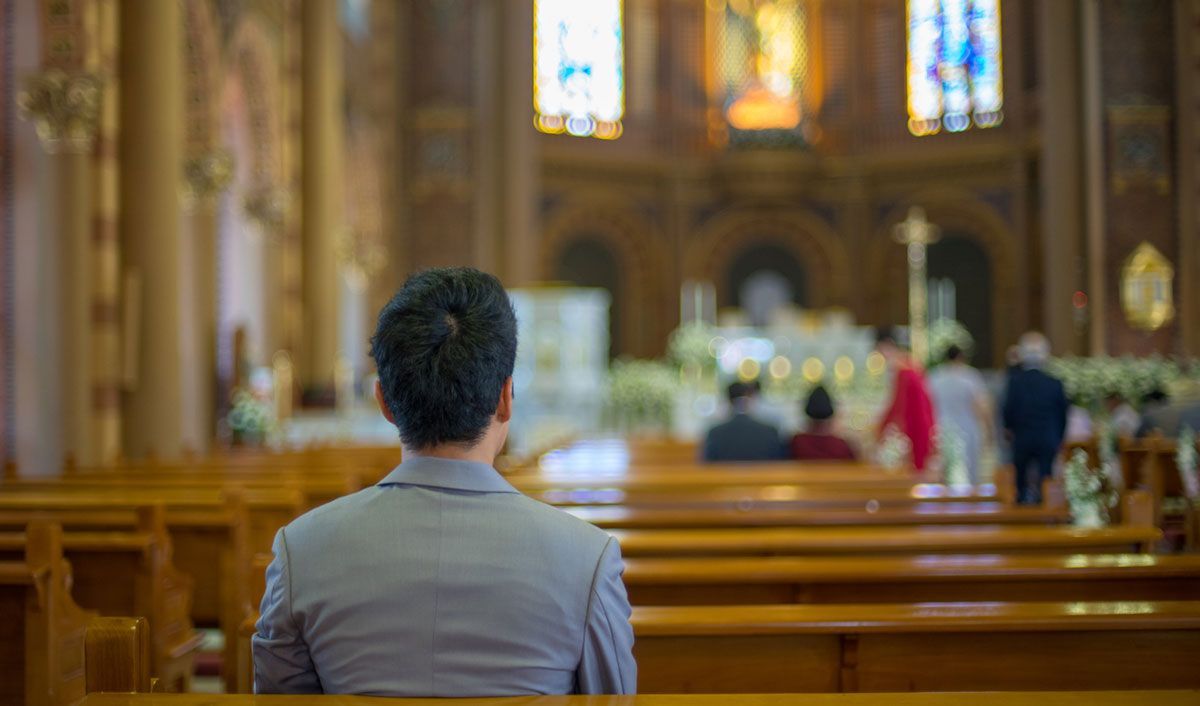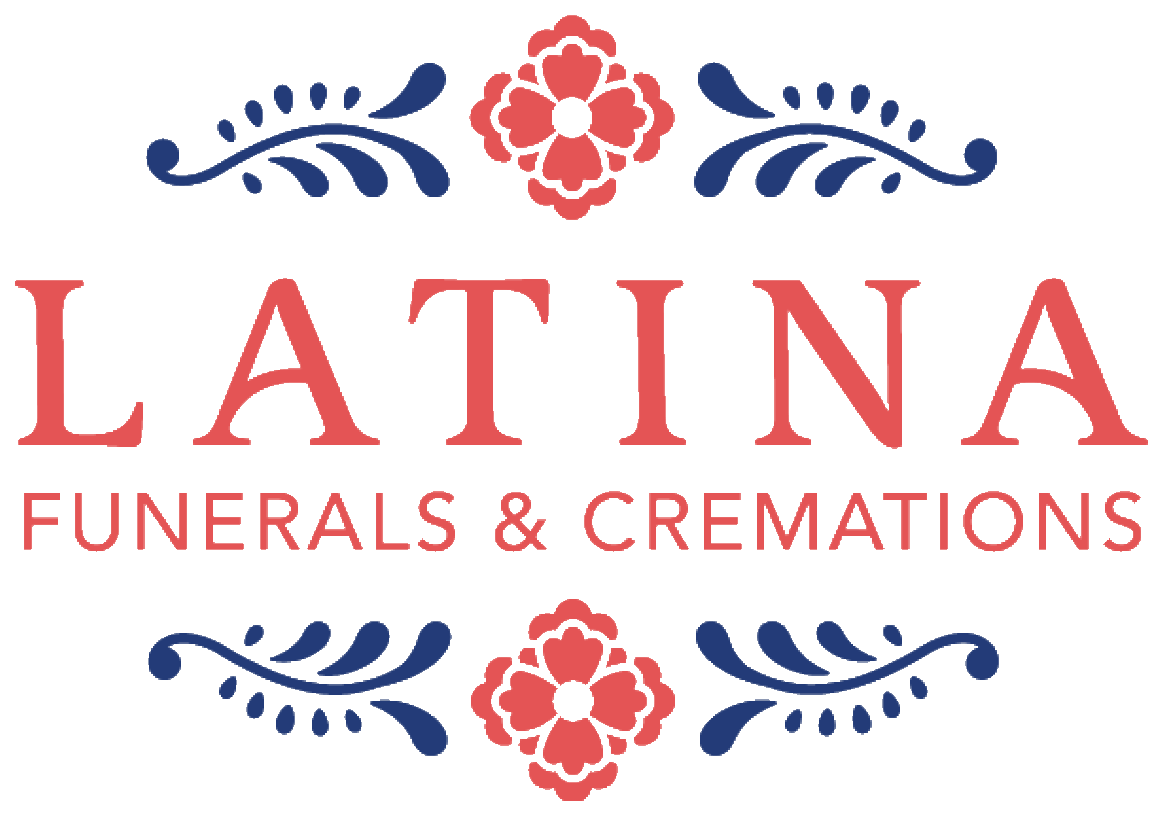Can I Choose Cremation and Still Have a Funeral?
Es posible que no tenga que comprometer su fe y sus preferencias

Making funeral arrangements is without a doubt one of the most difficult tasks anyone will ever have to face in their lifetime. There are many decisions to be made that it can feel almost impossible to know where to start. If you are contemplating cremation for your loved one but believe that you cannot have a traditional funeral service if you choose this option, this can certainly add to the difficulties of the decision-making process.
In the Latino community, this can be especially confusing and challenging, particularly for elder members of the family who may not think that a traditional funeral service is possible if their family member is cremated. Often, the very mention of cremation can upset an already grief-stricken abuelita who might think that they won’t be able to have a religious funeral service. The good news is that traditional funeral and burial services are available for those who choose cremation, even for Catholic families who might have believed otherwise.
¿Qué dice la Iglesia Católica?
Historically, the Catholic Church has been opposed to cremation because it was thought to impede resurrection. However, in 1963, the Vatican lifted the prohibition forbidding Catholics to choose cremation, and changing attitudes and practices in recent times has made it more acceptable. Today, more and more Latino families in Denver and the surrounding areas are choosing cremation to accompany a funeral that follows their cultural and religious values.
Cremation is just a method of handling the deceased’s remains. How you choose to honor your loved one with services is entirely up to you and your family. Cremation can follow a vigil, rosary, and traditional religious services where the body is present, or families can choose to hold a memorial service following cremation services. After cremation, a graveside service can take place if you choose to bury their ashes in a traditional gravesite or inter them in a cemetery niche.
Although cremation is accepted by the Catholic church, it is important to note that there are specific rules about how remains should be handled afterward. Ashes should not be scattered, they should be buried or interred in a sacred place and not kept as mementos, as well as that cremated remains should not be kept at home.
La decisión es suyo.
The choice to cremate a loved one does not prevent a grieving family from including the religious and cultural practices of a traditional funeral service. Whether that be novenas, prayers, a misa, or the particular music played during services or the food served at the reception or wake. For many families, cremation provides more time, flexibility and money to honor their loved one in the way that works best for them. Not having to compromise spiritual beliefs, having a traditional funeral, or the benefits cremation can provide can make this difficult journey a little easier, and bring a greater sense of relief for a mourning family.
As the practice of cremation has become more recognized within the Latino community, it has now fused into existing traditions of the culture. Placing remains in a nicho or an ofrenda is a way to honor and also keep the cremated remains of a loved one respectfully close by. Families also hold novenas, the 9-day prayer ritual with the cremated remains present during the ceremony.
Latina puede ayudar.
If you have any questions about cremation and funeral service options, we are always here to help answer them. Latina Funerals & Cremations has been serving the Latino and Catholic communities of Denver for many years. Our staff can guide you through loss and funeral planning, and help you design a personalized service that reflects the values, traditions and culture of your loved one and your family. Call us at 1-303-996-0701 or come see us at the corner of Speer and Federal Blvd. in Denver, Colorado.
Go en paz.
As members of Denver’s Hispanic communities, we feel a deep responsibility to help its families through some of their most difficult days. We are here for you and your loved ones, and our staff is available to answer any questions you may have.
Llámanos al (303) 996-0701.

